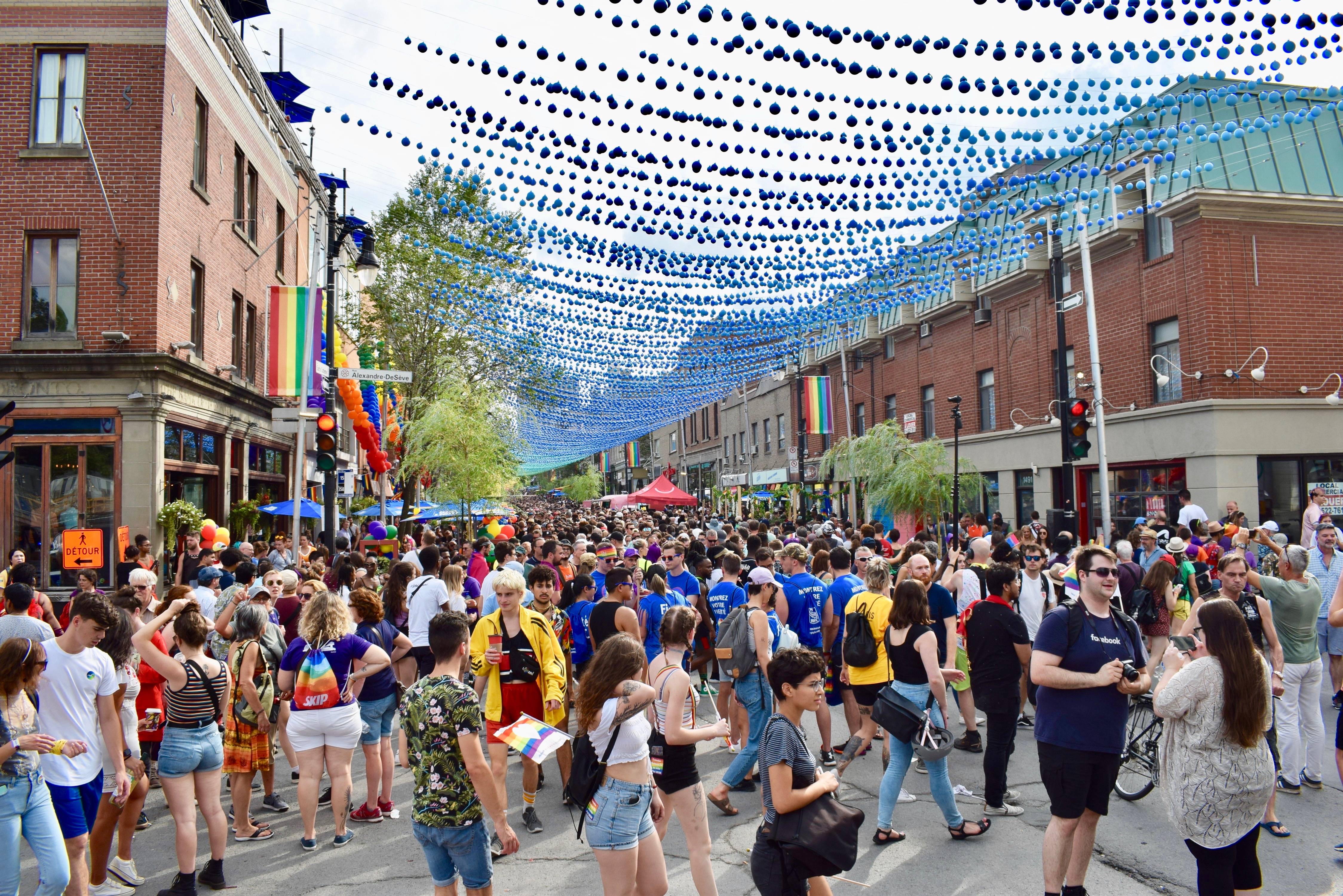Is Pride for Sale? Fierté Montréal 2019
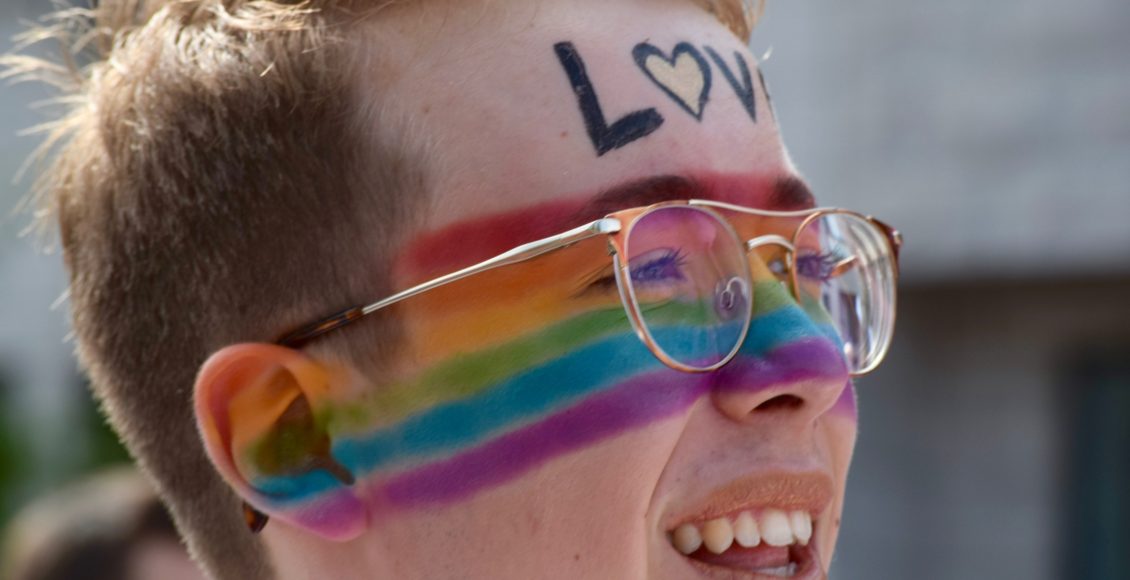
August 18th marked Montreal’s 36th annual pride parade, where over 300,000 people joined to celebrate sexual diversity during a 2.7-kilometre walk from Metcalfe to Alexandre-DeSève on René-Lévesque Boulevard. The parade’s infectious energy, colorful outfits, and loud ensembles of music made for quite the event. Some of the more prominent political figures in attendance included Prime Minister Justin Trudeau, Quebec Premier François Legault, and Montreal Mayor Valérie Plante. The number of political parties, however, were far outnumbered by the corporate-sponsored groups in the parade. This is not unique to Montreal. With an increasing number of corporations joining LGBTQ+ celebrations across the map, one is forced to question the omnipresence of rainbow-themed corporate marketing at Pride events.
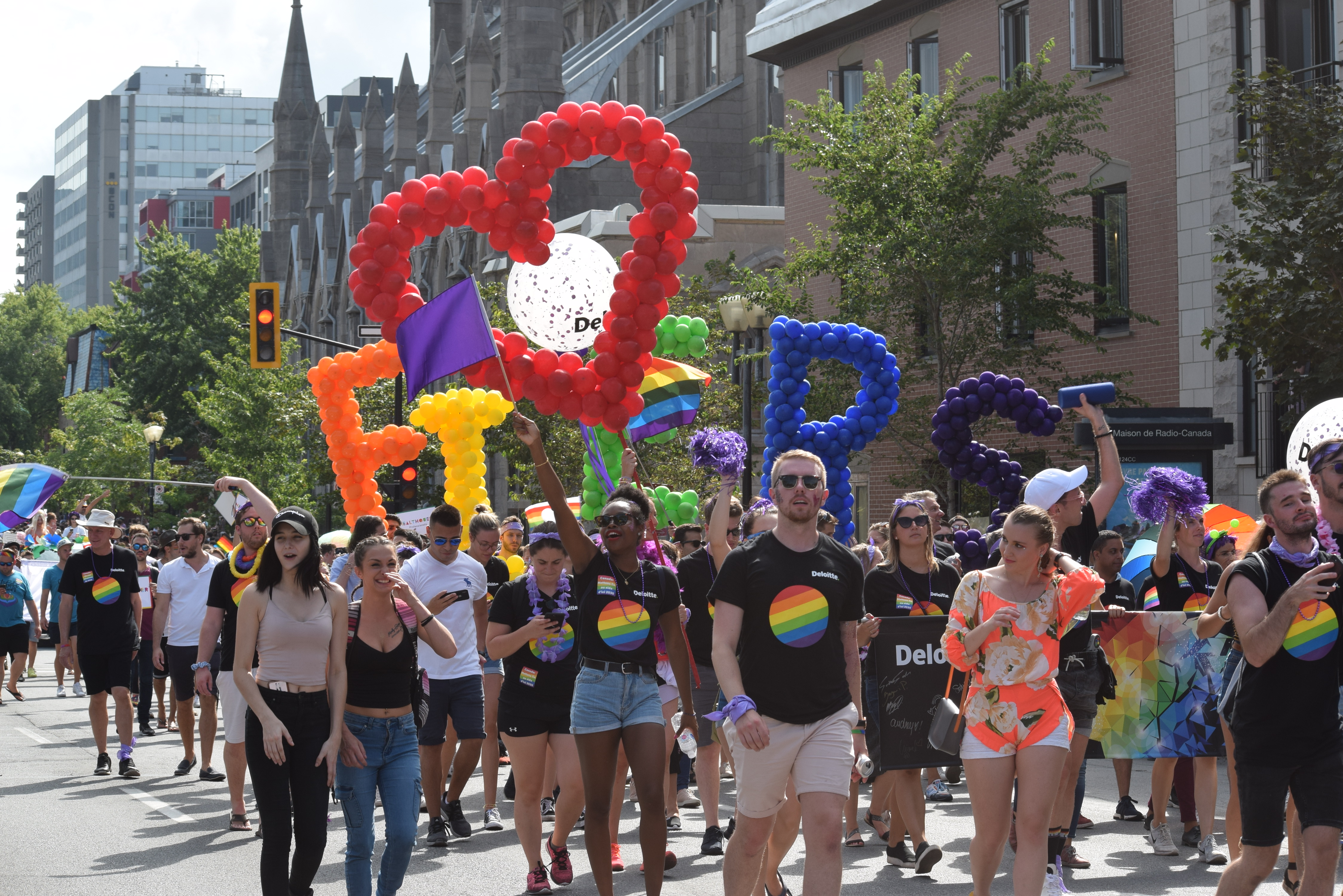
Pride celebrations as we know them today come from a long history of political protest against government and social oppression. Public opinion about homosexuality, at least in North America, has come a long way since the Stonewall Inn police riots in 1969 Manhattan. To be clear, the gay liberation movement emerged from a place of violence. As Washington Post’s John Brammer asks with regards to today’s Pride parades, “Should it be a protest, or a party?” In my opinion, parties are okay, as long as we realize the historical significance and hardship that led to such freedom of expression in some parts of the world, and the continued struggle in many.
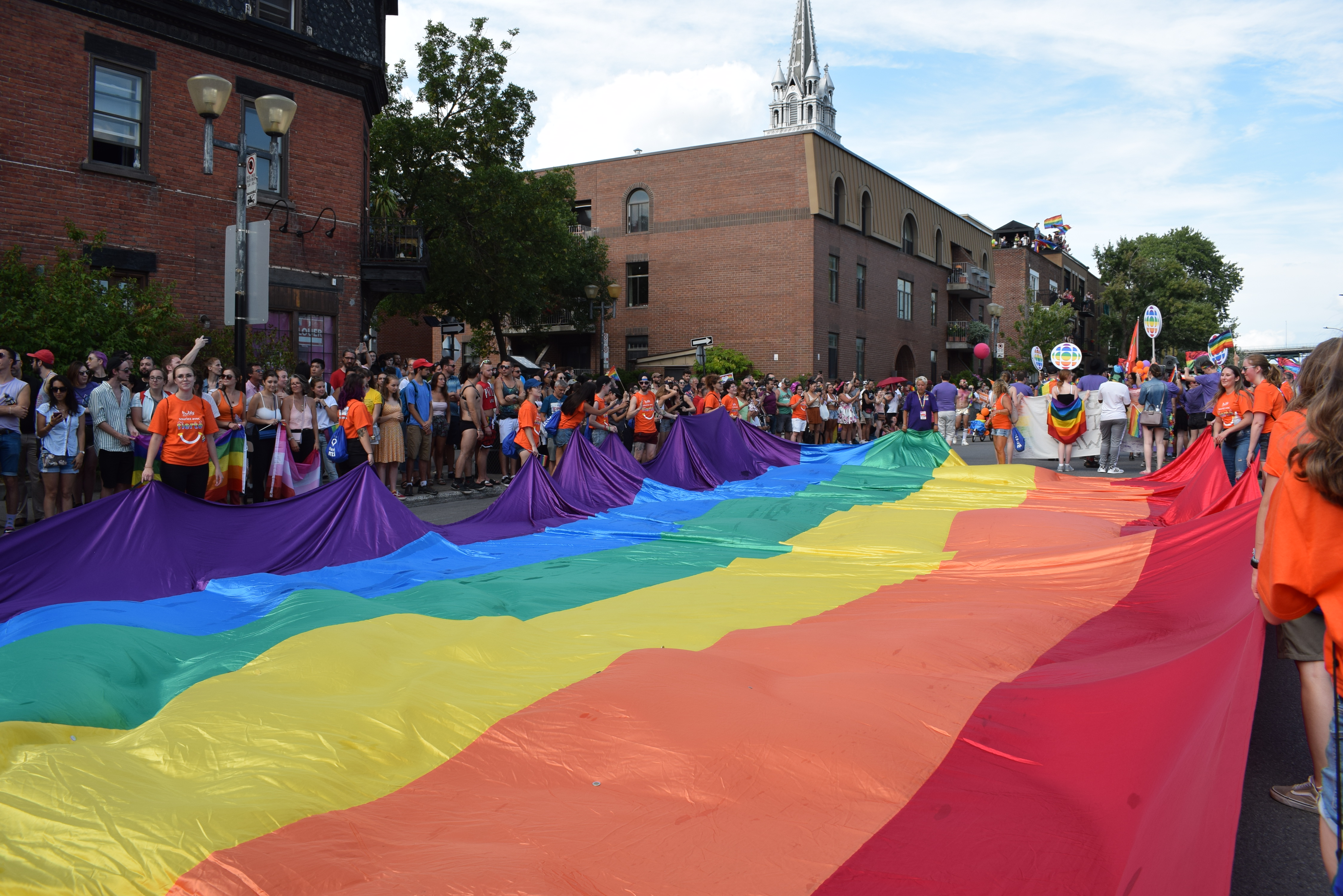
This being said, when Winner’s, Homesense, and Marshall’s come together to hand out free rainbow flags at Montreal Pride with their logos at the bottom, it’s challenging not to ponder the significance of Pride corporatization. How feasible is it to remember the roots of the LGBTQ movement when Desjardins representatives wave a banner stating, “We’re Proud to Be Your Bank”?
Perhaps corporate support of Pride is better than the reverse. After all, when Pride celebrations began, mainstream business owners did their best to stay away from Pride for fear of bad publicity. Some suggest that corporate sponsorship of Pride events should be embraced because corporations have a powerful platform to encourage public acceptance of sexual minorities. Plus, it is undeniable that TD bank has a larger budget to throw an elaborate after-party at Montreal’s Parc des Faubourgs than LGBTQ+ community groups and foundations with annual budgets of less than $100,000.
It’s just interesting that there were fewer of these LGBTQ+ community groups walking in the parade than corporations who work on LGBTQ+ issues for a few days of the year.
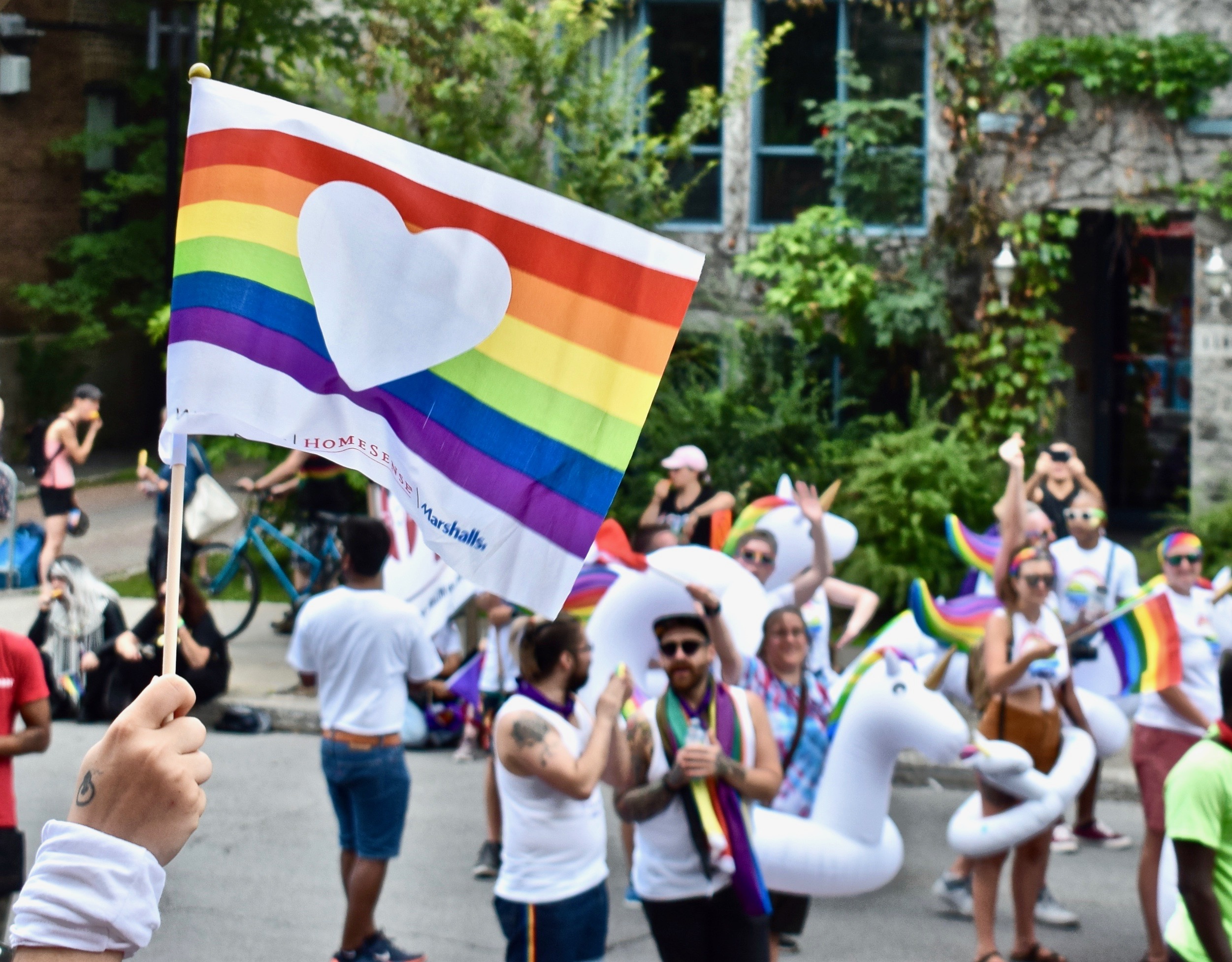
Are corporate branches truly interested in celebrating sexual diversity? It’s possible. If this is the case, however, perhaps their focus shouldn’t be centred on camera-ready, elaborate floats and rather on supporting grassroots organizations who are well-versed in LGBTQ+ struggles. The real problem comes when Pride celebrations exclude minority groups from celebrating Pride, which is the opposite of what diversity celebrations are meant to do. Beyond increasing cost barriers to attending Pride events (see Corey Kilgannon’s article in the New York Times) are racialized expectations of what Pride looks like. In fact, pre-Pride protests were held in Montreal before the official parade as a way of raising awareness about the lack of racialized representation in Fierté Montreal’s events, with signs reading “decolonize Pride” and “Pride is a gentrification institution.” Maybe the best way for corporations to demonstrate their solidarity to the LGBTQ+ cause is giving these minorities a platform. That’s not to say that it’s not being done already, but there is always room for improvement.
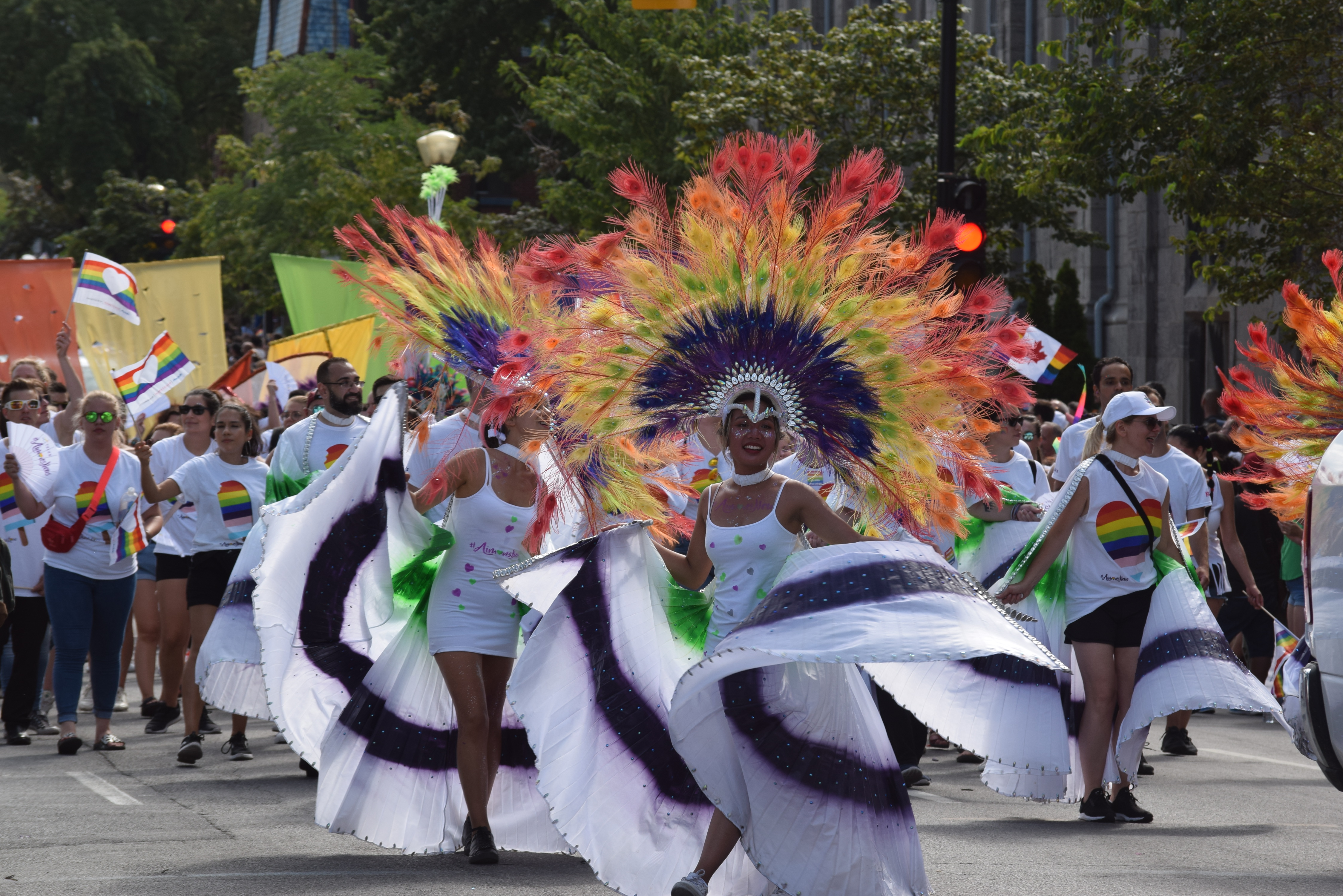
Regardless of your stance on the merits versus the pitfalls of Pride corporatization, it is without a doubt that corporations have brought LGBTQ+ struggles into public awareness, whether out of self-interest or goodwill. There were people of every age attending Montreal’s parade this year, and perhaps corporate participation in these events is partially to thank for that. The same can be said about major hit series on Netflix, and ads celebrating same-sex couples during the SuperBowl. As easy as it is to critique profit-driven pursuits, it’s difficult to quantify the impact they have on shifting societal expectations of what “normalcy” looks like. With an increasingly connected world, maybe it’s better to have corporate support than not. It’s up for debate.
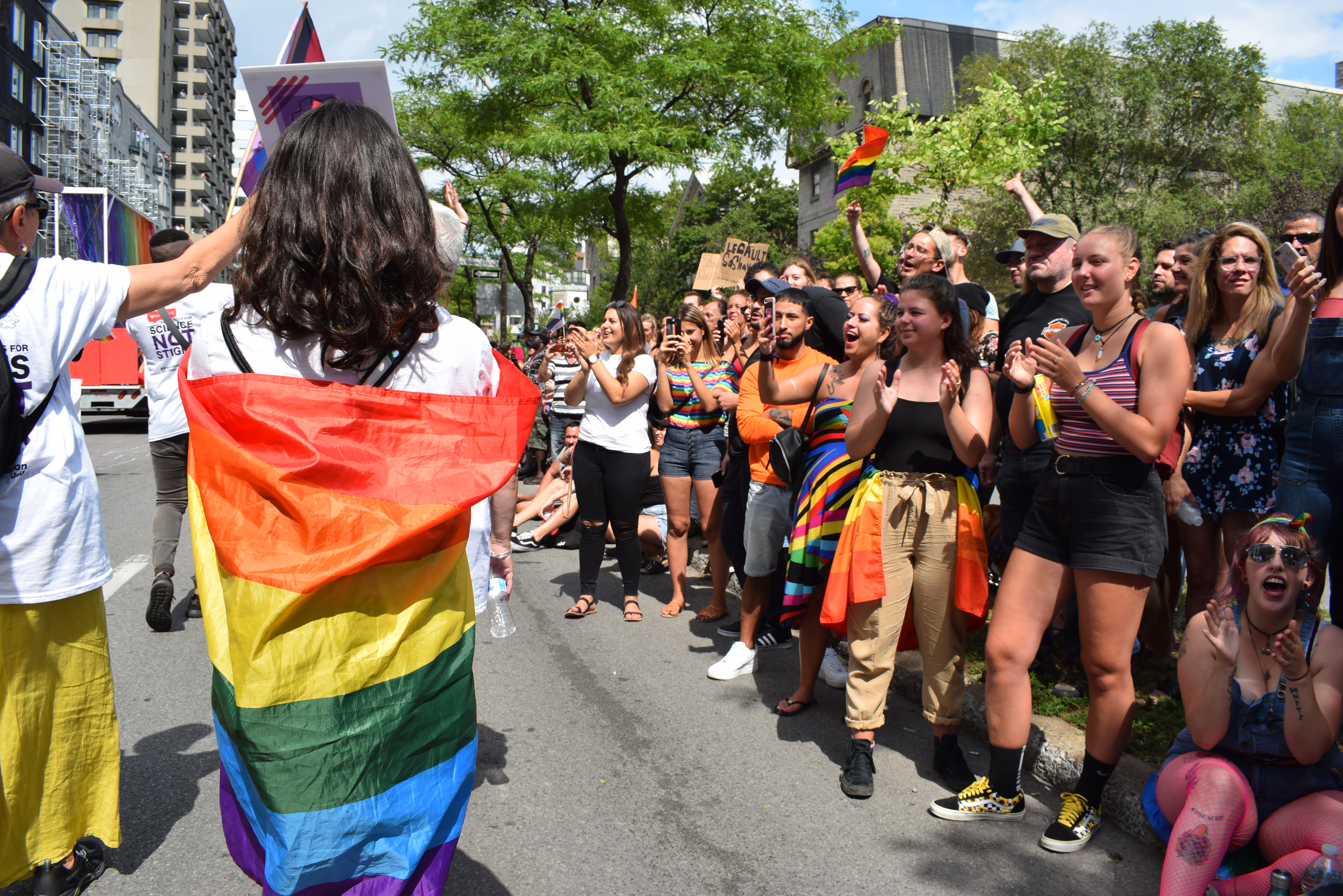
The only sure thing is that as corporations continue to become embedded in the Pride experience, it will become increasingly less feasible to separate the one from the other. When you wear your rainbow Converse sneakers, it’s difficult to imagine the grassroots struggle it took for such a powerful company to be comfortable enough to put them up for sale. By all means, wear them proudly. Just be aware that with an increasing number of corporations joining the LGBTQ+ celebrations at Pride parades each summer, this conversation is sure to come up again.
